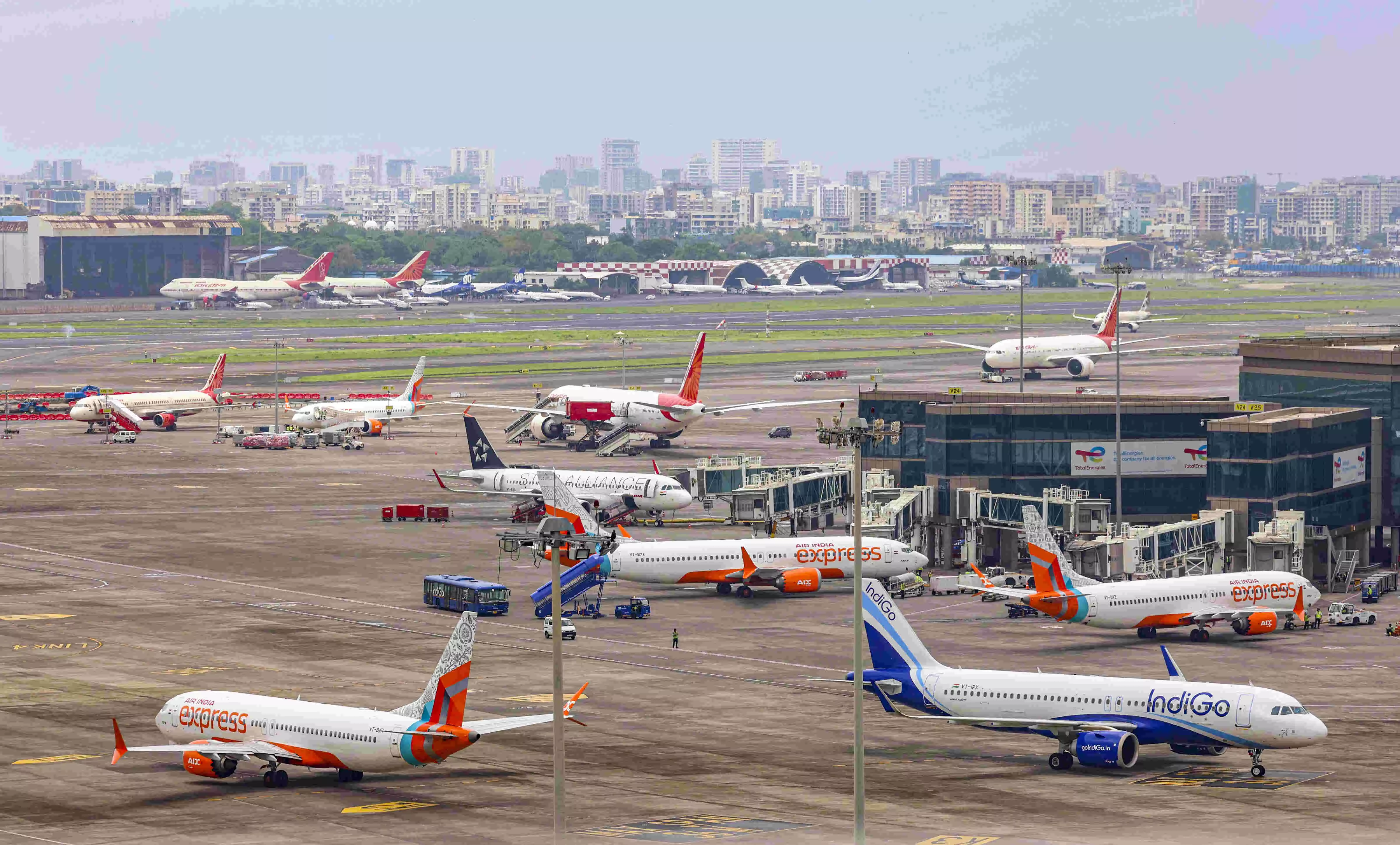DGCA comes out with draft guidelines for fatigue risk mgmt system implementation in airlines

Mumbai: Aviation safety watchdog DGCA has come out with draft guidelines for a fatigue risk management system for airlines, with the proposed framework set to complement the existing flight duty time limitation norms. Amid concerns in various quarters about fatigue among airline crew, the Directorate General of Civil Aviation (DGCA) has already put in place revised Flight Duty Time Limitation (FDTL) norms for pilots, which are being implemented in a phased manner. In the draft advisory on 'Fatigue Risk Management System (FRMS) Implementation for Flight Crew Members in Scheduled Air Transport Operations', the regulator said the circular provides detailed guidance on FRMS approval processes, implementation requirements, and oversight mechanisms to enhance flight safety through scientific, data-driven fatigue management approaches that complement existing prescriptive FDTL regulations.
FRMS should have maximum flight time, flight duty period, and duty period limits based on scientific principles, minimum rest requirements that ensure adequate recovery opportunities and performance monitoring systems to track safety outcomes, among other elements, DGCA said. Pilots aware of the development on Wednesday told media reporters that the regulator has sought comments from stakeholders, including airlines and pilot associations, on the proposed guidelines till September 15. Airlines will have the option to either have the prescriptive FDTL regulations or implement FRMS or have a hybrid approach utilising both, as per DGCA. FRMS will be implemented by airlines, and they can modify the system, depending on their requirements, with DGCA approval. Among others, DGCA has proposed grandfathering and transition provisions with respect to FRMS implementation. These include a phased implementation approach for operators, transitioning from prescriptive regulations and a grace period for compliance with new requirements (12 months from circular effective date).
The watchdog noted that an application for the implementation of FRMS will be considered only where the operator has established an effective and successful Fatigue Safety Action Group (FSAG). Officials from various departments at an airline will be part of the FSAG concerned. India is one of the world's fastest-growing civil aviation markets. In March this year, Civil Aviation Minister K Rammohan Naidu said India will need 30,000 pilots in the next 15-20 years as domestic airlines have more than 1,700 planes on order as they expand their network.



